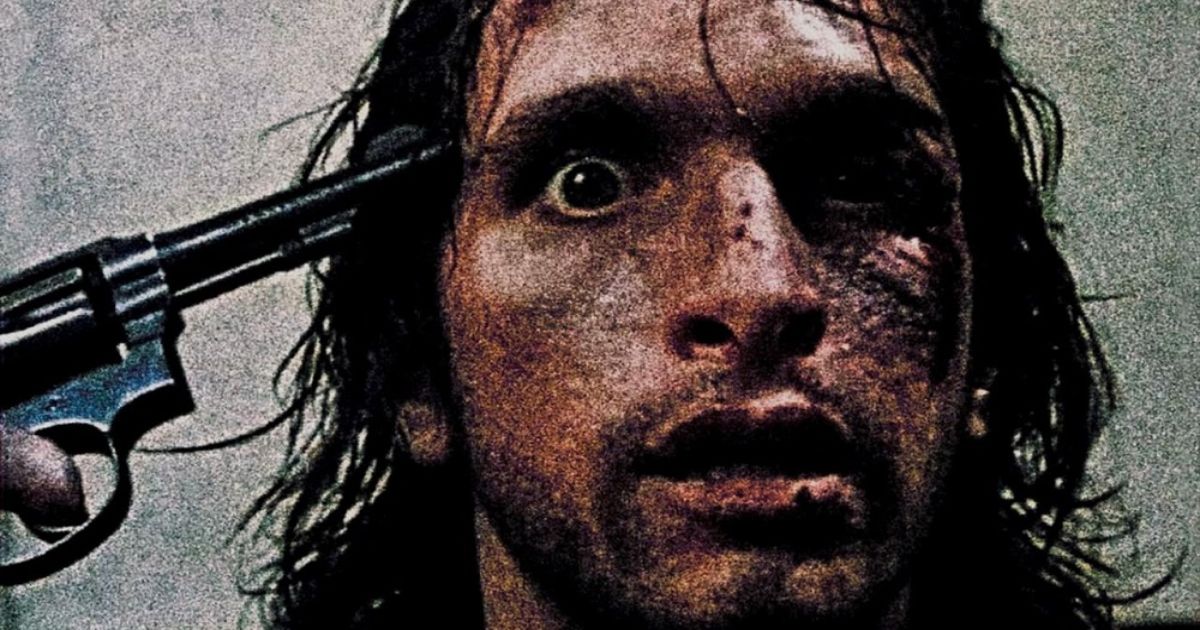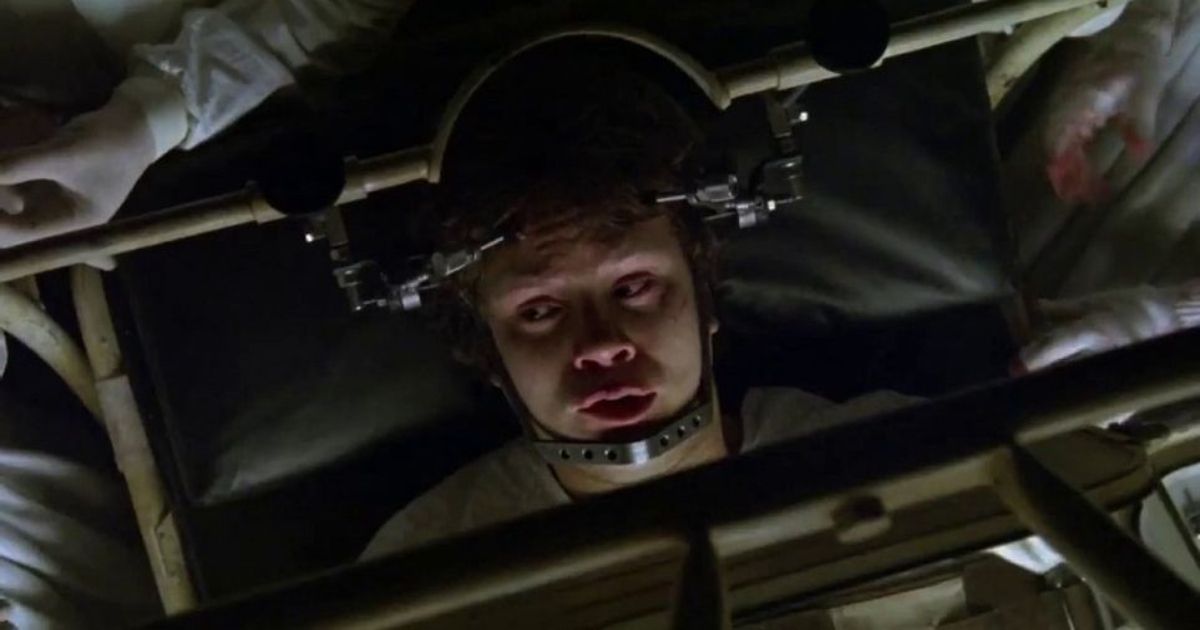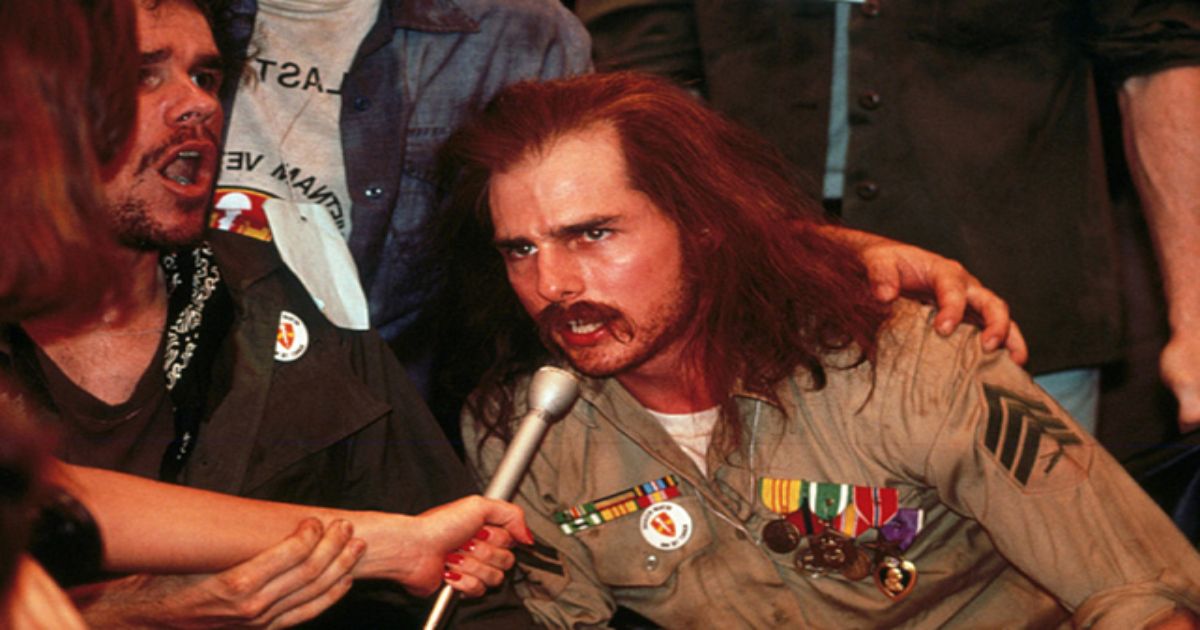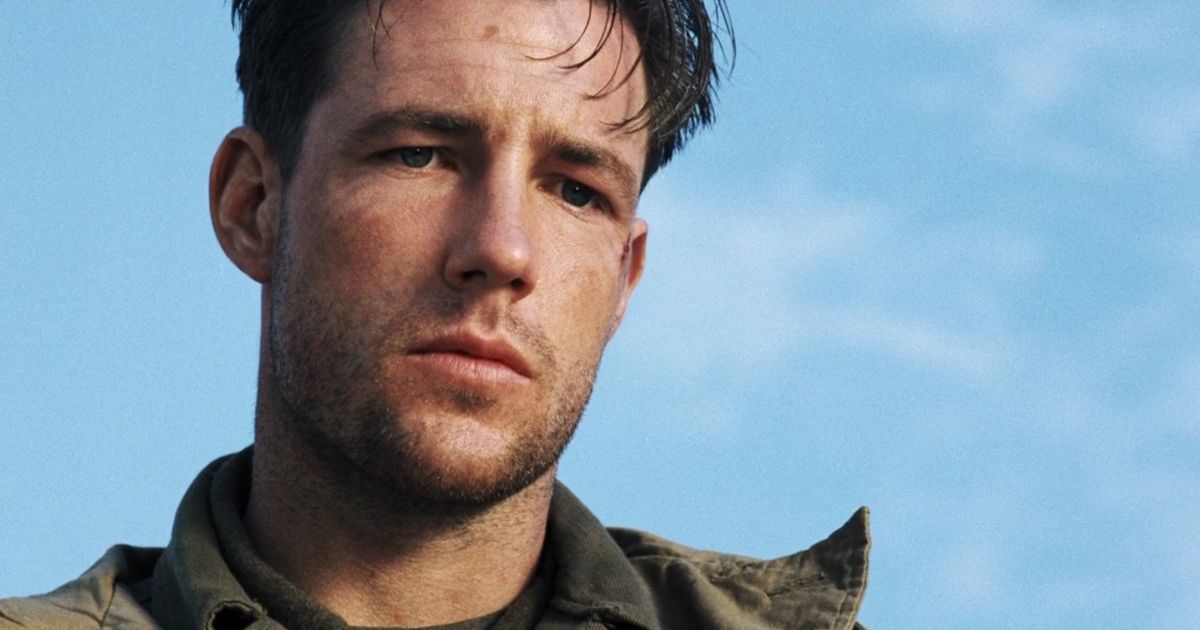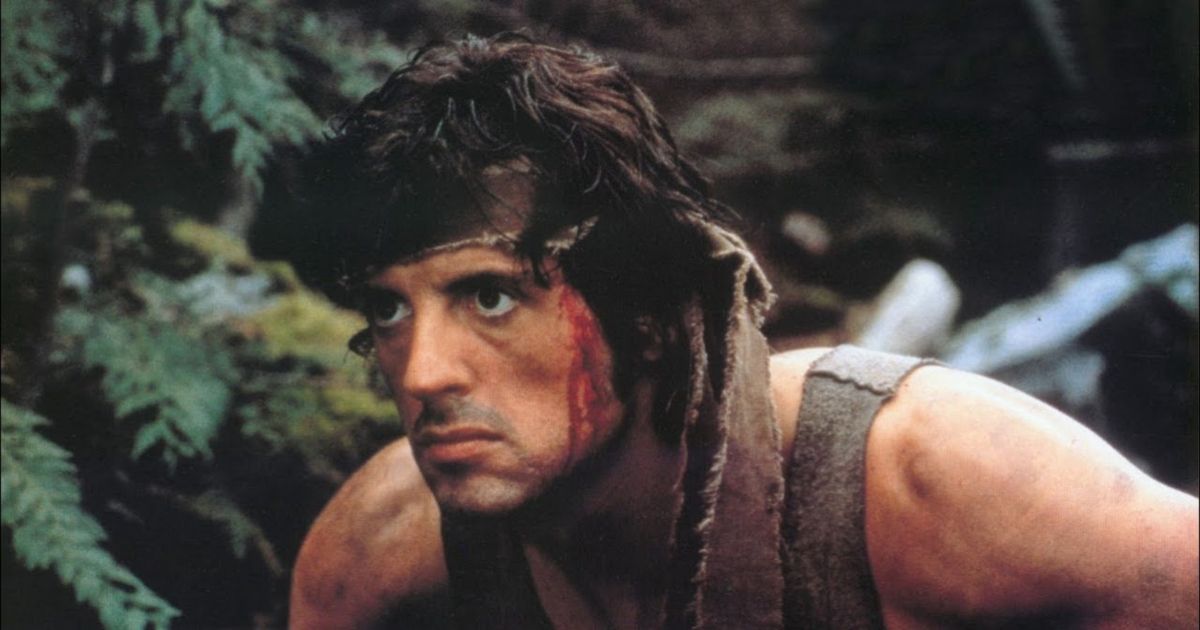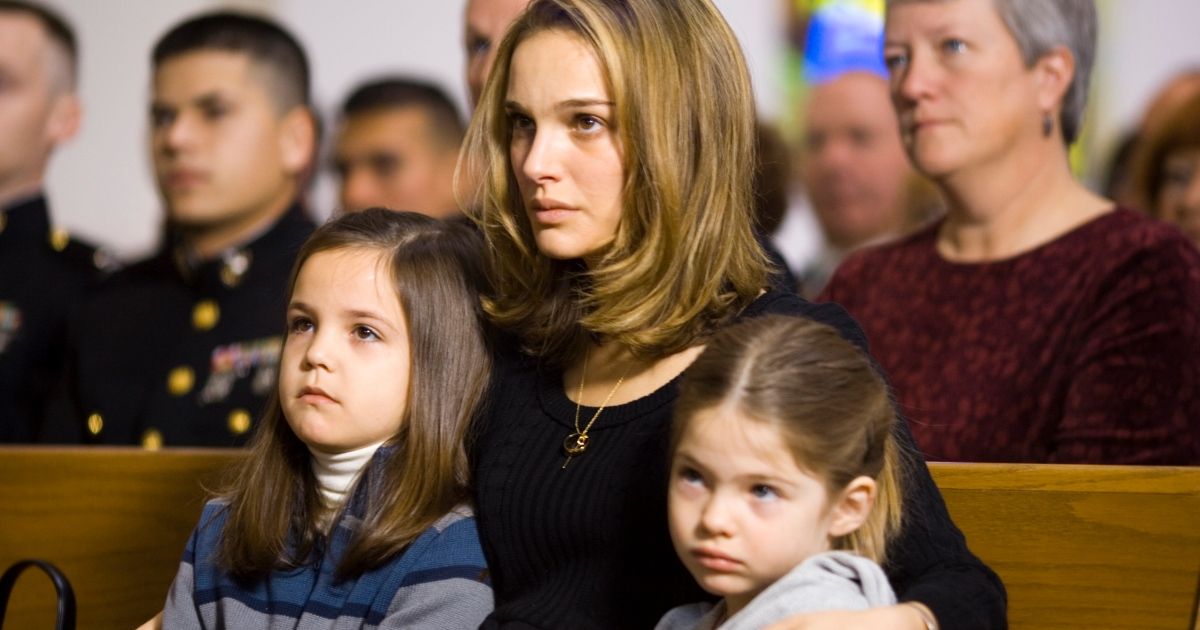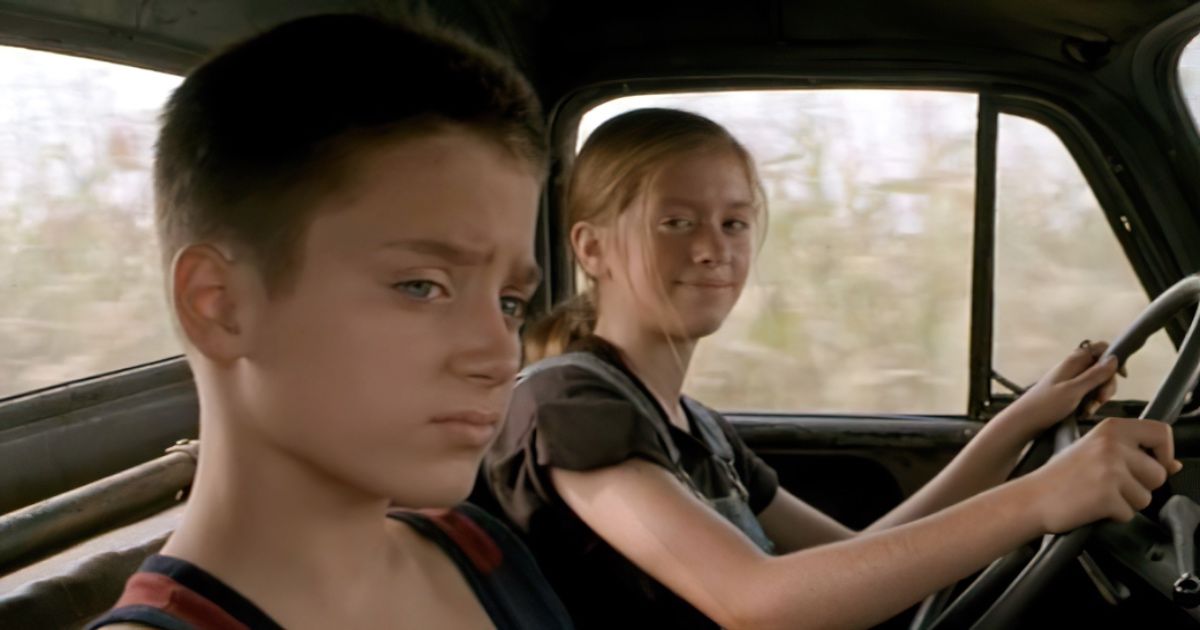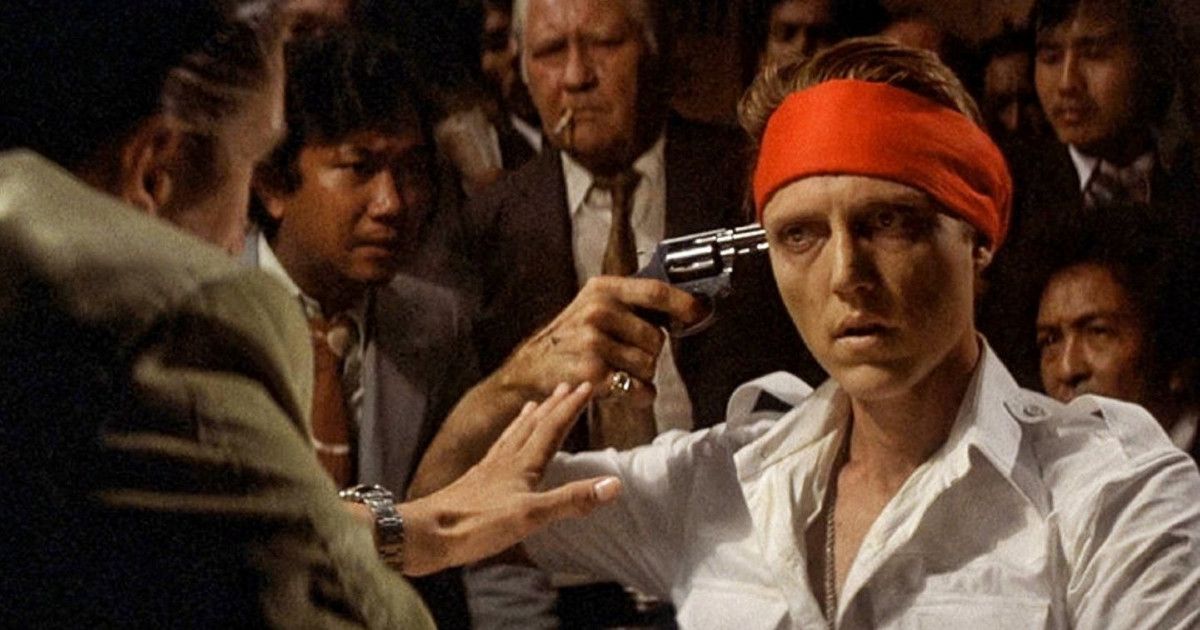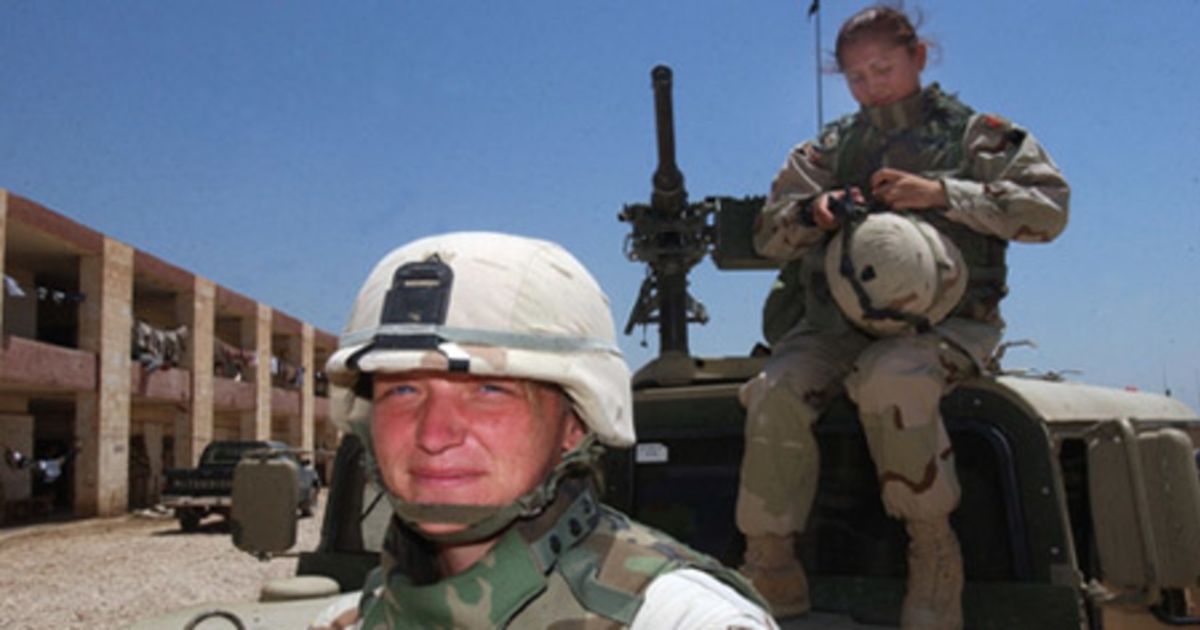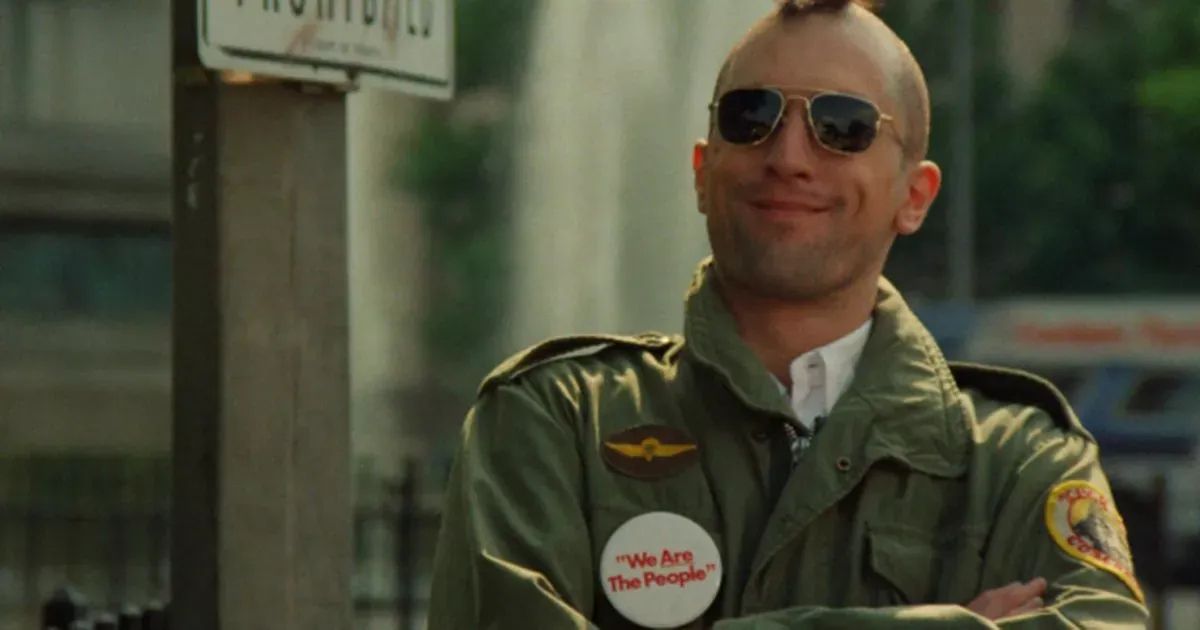War is a complicated subject. It has massive geopolitical causes, but it is the men and women on the ground who are at the center of these conflicts. War is violent, ugly, and cruel and often leaves mental scars as massive as any physical scars on a person. War does not always end when a person returns home from combat, and they are left to deal with the trauma on their own. Many soldiers suffer from Post-Traumatic Stress Disorder, commonly known as PTSD.
Updated July 2, 2023: To keep the article fresh and relevant by adding more information and entries, this article has been updated by Amira Abdel-Fadil.
War never truly ends, and millions who return are left suffering from PTSD and nightmares and need to adjust to a world that is very different from combat. As a result, the transition was incredibly difficult and led to a whole group of people living as outcasts in their own country for being forced to do their patriotic duty. These films brilliantly deal with the PTSD of returning home from war.
12 Combat Shock (1986)
This gritty, nasty, low-budget shocker deals with both the Vietnam War and its after-effects as we follow a former soldier who suffers from severe Post Traumatic Stress Disorder. He walks around in a daze, not working, not really doing anything but walking and observing the terrible world he lives in. He can’t pay the bills, and he can’t support his wife and their Eraserhead-type monster baby. He sees crime, violence, prostitution, heroin use (in one of the most disturbing scenes in the film), and more vice and brutality in Combat Shock.
He ends up killing a bunch of local low-level gangsters, realizing that there is no hope for the characters, no way out of their situation. Combat Shock is incredibly grim, one of the most nihilistic movies ever made about the costs of war on the fragile human psyche. The whole movie is tragic and ugly, and the protagonist seems to be trapped in Hell, with horrible memories of the war; there is no humor here, and there is no hope.
11 Rolling Thunder (1977)
In Rolling Thunder, Charles Lane (William Devane) comes homes from the Vietnam War after seven years of service, much of it as a tortured prisoner in a Prisoner of War camp. As soon he returns, he starts isolating himself, talking only with his friend and similarly troubled war buddy Johnny (Tommy Lee Jones). His wife, believing him to be dead, has moved on to another man, but Lane accepts everything stoically, or so it seems.
His luck seems to turn when a big ceremony is held for Lane as a POW survivor, and he is given a large sum of money by a local bank, but a bunch of rotten scumbags invade his house and steal all of it. They shoot him and cut off his hand, which he later replaces with a hook, and murder his son in front of him. When Lane later discovers where the criminals hang out, he and Johnny go there for the purpose of some major payback. Devane’s Lane is a good man in a world brimming with evil, and his time in Vietnam pushes him over the edge into getting some hardcore payback. The film was co-written by Paul Schrader, who also wrote Taxi Driver and Raging Bull.
Like many films dealing with Vietnam or PTSD, Rolling Thunder is bleak; it was so dark that at test screenings "the audience actually got up and tried to physically abuse the studio personnel present among them," as William Goldman writes in his book Adventures in the Screen Trade. Devane even said that at one test screening, the audience tried to set the theater on fire. Studio heads actually screened the film for psychiatrists to try and understand why test audiences reacted so violently and would've massively cut the film if the creatives didn't pull it from Fox and take it elsewhere.
10 Jacob’s Ladder (1990)
While serving in the Vietnam War, a platoon smokes some marijuana laced with a version of LSD that makes the user violent and aggressive, and mayhem ensues in Jacob’s Ladder, one of the most atmospheric horror movies of all time. The film then moves to the present, 20 or so years later, and all the surviving members of the platoon are having nightmares about a massacre. Tim Robbins plays Jacob, who returns to America after the war and has a terrible time adjusting.
He sees dead people and grotesque images everywhere, and he is losing his mind. Faceless monsters stalk him everywhere. He finds himself sliding into confusion and insanity, so he tries to track down his former platoon mates but still can’t find out what exactly happened that one night when they smoked and everyone got murdered and butchered. Is he the victim of an experimental drug? Is he dead? Is he being haunted or followed? This exciting and terrifying movie contains some amazing images and a nightmarish look at the world that would make Hieronymus Bosch feel at home. Jacob’s Ladder is a brilliant film in every way, worth watching more than once after its ending that changes everything. It is a visually and psychologically horrific movie that perfectly deals with the mental aspects of war trauma.
9 Born on the Fourth of July (1989)
Born on the Fourth of July was directed by Vietnam War veteran Oliver Stone, based on the true story of Ron Kovic, who goes to Vietnam as an enthusiastic, patriotic volunteer but returns bitter and confused after he becomes a paraplegic with loss of sexual function. In one of the best Tom Cruise movies, Cruise got his first Oscar nomination for playing Kovac. His character arc is fascinating; he always stands up for what he believes in, but he changes as he learns that he had been taught a bunch of lies about America, communism, the Vietnam War, and the so-called domino effect. He is unable to get along with his family when he gets back, and there are intense arguments as his mother continues to support the war effort while his younger siblings have changed their beliefs.
So Kovic makes a road trip to Mexico, where he first seems to find a new identity. He gets involved in making social change, leading up to a disruption at the 1972 Republican Party Convention, where Nixon was easily elected. In one of the most thematically poignant storylines, Kovic is also facing the fact that he shot one of his own men in a friendly fire situation, where it was not possible to see who is a friend and who is a foe, an apt allegory for a former patriotic supporter of the war now questioning America, the military-industrial complex, and who are the real allies and enemies. Kovic eventually visits the family of the American he shot in order to seek forgiveness, in a powerful scene from a powerful film.
8 Saving Private Ryan (1998)
Saving Private Ryan is an iconic war film that was directed by Stephen Spielberg and starring Tom Hanks, Tom Sizemore, and Matt Damon. In this intense tale, three out of four brothers get killed during the Normandy invasion in the face of gruesome battles. The United States Department of War takes note of the matter, and the general of the army demands that Ryan should be found and sent back home.
As a result, eight men are sent on a mission to recover him. The film is known to be as close as it gets when it comes to realistically portraying combat, with many veterans finding it impossible to watch how triggering the scenes can be. The opening scene alone is one of the most captivating and harsh openings in the history of film. While Saving Private Ryan is an outstanding film about war, it also dives into each character’s thoughts and feelings, providing a rich narrative of the human condition under such harsh conditions. The motion picture went on to win five Academy Awards.
7 First Blood (1982)
In First Blood, John Rambo returns home as a badly damaged Vietnam Vet who had been trained to survive, kill, and thrive under any circumstances, like a war machine. When Sylvester Stallone's Rambo appears in the Midwest searching for his friend from the war, he is looked down on as a drifter and a troublemaker in a supposedly virtuous crime-free town. After a violent confrontation with some bad cops and a painful Vietnam flashback he disappears into the woods, and the chase is on.
There are dozens of men but just one John Rambo, and when "they drew first blood," he goes to war against the entire town, which realizes they are in over their heads and ask for help from the federal government. At the end of the film, Rambo makes a heart-wrenching speech about how people would spit on him and treat him like garbage after returning from serving his country. First Blood remains one of the best movies about survival, which mastered the 'one man against many' action trope.
6 When the Tenth Month Comes (1984)
When the Tenth Month Comes is a Vietnamese motion picture starring Vân Lê, Luu Viet Bao Dang, and Yen Hoang that focuses on what happens to individuals who are linked to Veterans who served in the war. It tells the story of Duyen, a woman who learns that her husband died in the war but who decided to keep it a secret from her young son and father-in-law for the sake of their mental health.
Aside from the traumatizing effects of war on veterans, it can be equally traumatizing for anyone who has to see the person they love die or suffer because of it. In this delicate depiction, we witness how much of a heavy burden death can be, making it extremely hard to navigate life without your life partner as well as the harsh judgment you can face by choosing to move on in your own way. It elegantly weaves together beautiful cinematography and fine performances that deeply explore human emotions and Vietnamese culture.
5 Brothers (2009)
Brothers is a drama thriller that was directed by Jim Sheridan and is a remake of the Danish film Brødre by Susann Bier. It tells the story of Sam (Tobey Maguire) and his brother Tommy (Jake Gyllenhaal), who start having a turbulent relationship stirred by war. Sam is out in the Afghan war as a marine when he is shot and assumed dead by Sam’s wife Grace (Natalie Portman) and his children. Meanwhile, Tommy is a drifter who’s fresh out of prison who makes it his duty to take care of his brother’s family.
However, when Sam suddenly returns home, things take a wild turn. The film encapsulates the true damage that war has on some veterans’ psyche, which then extends to their families and can spiral into a very dark territory. War can break those who survived it for a long, long time. In this character-driven drama, Tobey Maguire and Jake Gyllenhall give phenomenal performances that truly get the viewer invested in the dilemma of each character.
4 The War (1994)
The War is an underrated film that poignantly portrays what it means to try to overcome your inner turmoils. In rural Mississippi, Stephen Simmons (Kevin Costner), a Vietnam veteran, is finding it hard to integrate back into society after his military service. He deals with a post-traumatic disorder that follows him everywhere he goes. In parallel, his children are going through their own war, where they face bullies over the ownership of a treehouse near their house.
It beautifully captures the tragedy of life while simultaneously showing that despite it all, some things are still worth fighting for. The family film is an incredible ode to fatherhood, where Kevin Kosten and Elijah Wood give stunning performances. It also sensitively deals with the subject that is far more multilayered than it seems. It won the Peace Award from the Political Film Society, USA.
3 The Deer Hunter (1979)
The Deer Hunter is one of the most powerful films on the effects of war on the human psyche. Set in 1968, it chronicles the brutal reality of three lifelong friends, Nick (Christopher Walken, Micheal (Robert De Niro), and Steven (John Savage), whose traumatic experience of war terribly haunts them. It was loosely based on the 1937 German novel by Erich Maria Remarque, Three Comrades. It’s the kind of movie that you only want to see once from how emotionally heart-wrenching it is.
The film uniquely handles the topic of war by providing three segments, one before the war, the war and the effects it has on veterans' post wars which makes it cover the topic extensively. It’s a movie about honor, loyalty, and mental illnesses that is daring and honest. Visually well crafted and superbly acted, it has earned 5 Oscars, one for best direction, best acting, the best sound, best film editing, and best picture.
2 Lioness (2008)
Lioness tells the untold true story of the first group of women soldiers in the US who were sent to fight in the Iraq war, which was a total breach of the official policy. The heart-gripping and heart-breaking story is told through intimate interviews, archived material, and excerpts that will make you connect to their narrative deeply.
There are a plethora of films on the horrific incidents of war and the long-lasting disturbances it can have on those who survive and their families. On the other hand, there are far fewer movies depicting women who served in wars. In this one-of-a-kind documentary, we get to explore the effects of war from the perspectives of women, which is vital for understanding the complete narrative.
1 Taxi Driver (1976)
Travis Bickle (played perfectly by Robert De Niro) is a dangerous and disturbed man whose life takes a dive into the dirty filth of the worst neighborhoods of New York in Martin Scorsese’s Taxi Driver. He defines himself by his loneliness and his inability to connect to anyone on a personal level. The fact that he is a returning Vietnam War vet is only touched on, such as when he initially applies for his taxi job, but it is the tacit catalyst for his downward spiral into violence, and there is a silent indication that the scars which cover his back are a result of being physically tortured.
He turns to camouflage, healthier food, and rigorous exercise in order to transform himself into what he perceives to be a hero for our time. He writes letters to his parents full of lies about the secret work he does for the government. He trains himself as a warrior and goes on an assassination attempt that goes wrong and leads to one of the most intense killing sprees ever caught on camera. The film is a shattering exploration of life for people who returned from Vietnam with PTSD and other problems, and one of the greatest cinematic meditations on deteriorating mental health and violence.
If you or someone you know is suffering from PTSD and would like to get help, you can contact the Veteran Affairs' National Center for PTSD.

.jpg)
